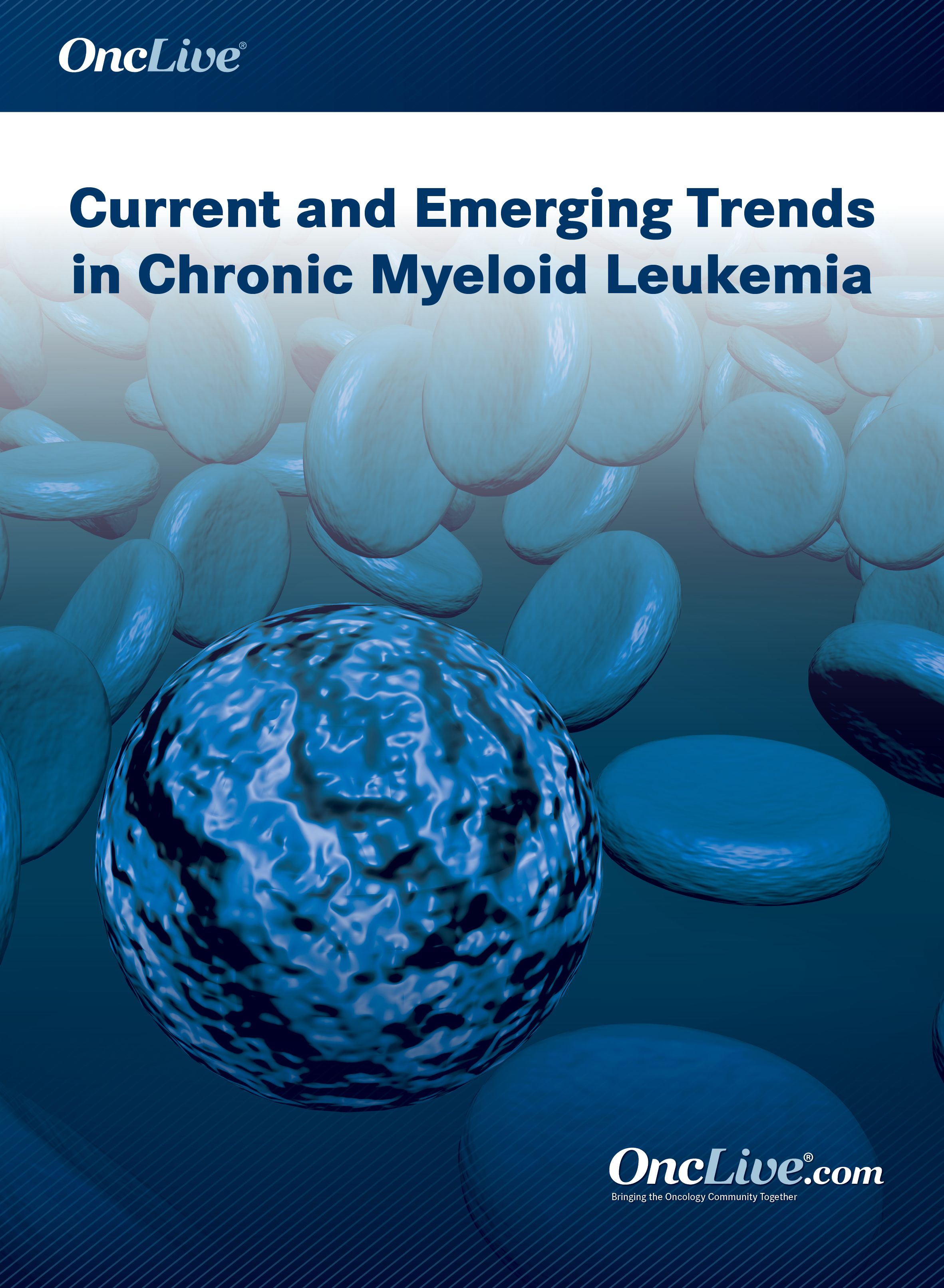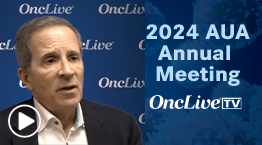Dr. Hobbs on Managing Ponatinib-Associated Toxicities in CML
Gaby Hobbs, MD, discusses managing ponatinib-associated toxicities in chronic myeloid leukemia.
Gaby Hobbs, MD, clinical director, Leukemia Service, assistant in medicine, Massachusetts General Hospital, discusses managing ponatinib (Iclusig)-associated toxicities in chronic myeloid leukemia (CML).
During the 2020 ASH Annual Meeting & Exposition, findings from the phase 2 PACE and OPTIC trials showed that ponatinib resulted in high response rates with good outcomes in patients with chronic-phase CML who have progressed on second-generation TKIs.
Regarding safety, ponatinib has been associated with an increased risk of cardiovascular events. As such, trials are evaluating whether patients who achieve a remission with the 45 mg starting dose of ponatinib can be dose reduced to 15 mg or 30 mg and remain in remission, explains Hobbs. Dose reductions could lower the risk of cardiovascular events, Hobbs adds.
Ultimately, data have demonstrated that ponatinib has utility as a treatment for patients with CML, Hobbs says. However, like all TKIs, it is important to manage the risk of serious adverse effects, particularly cardiovascular events. For example, patients receiving ponatinib should receive concurrent aspirin, says Hobbs. Additionally, consulting the patient’s cardiologist, primary care physician, or a cardio-oncologist may lend additional insight into managing the risk of cardiovascular events, concludes Hobbs.




